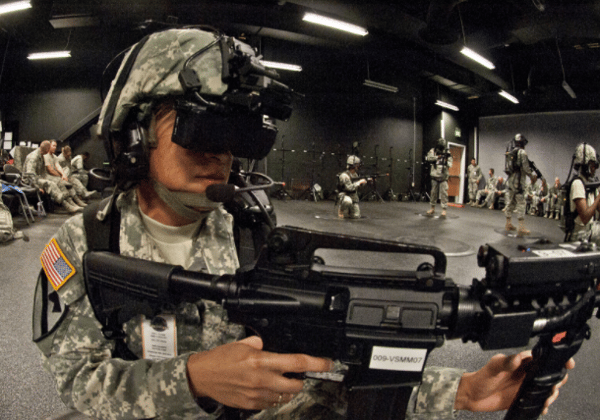
For many companies, a new military contract is a milestone event. Your first military contract can potentially revolutionize your business. It can generate ongoing, consistent business and cash flow. And more importantly, it gets you in the door with federal government, increasing the likelihood that you’ll win future business.
Of course, to fully leverage this opportunity, you have to meet the military’s strict contractor guidelines. There are a plenty of contractors ready and willing to take your place. If you aren’t meeting quality or delivery standards, you could be replaced.
Fortunately, you can avoid that fate with a little proactive planning. Start reviewing your contract and the military’s expectations as soon as you win the contract. Then implement processes to ensure that you stay in compliance. It may be helpful to partner with a third-party who has military experience and who can help you maximize the opportunity.
Below are a few steps to take as soon as you land your big contract:
1. Register for iRAPT
The whole point of the military contract is to deliver product and get paid. To do that, you’ll have to navigate a military system called Invoice, Receipt, Acceptance, and Property Transfer, also known as iRAPT. The iRAPT system is relatively new, and is being launched to replace a similar system called Wide Area Work Flow (WAWF).
Too many new vendors wait until they’re ready to invoice before they register for iRAPT. This is usually a mistake. The registration process isn’t simple. You’ll need detailed information from your contract and your bid. You may have to search through a mountain of documents to find all the correct information.
Also, your registration has to go through an approval process before you can start submitting invoices. Even if all the registration information is correct, approval could still take several days. If information is incorrect, your registrations will be rejected and you’ll have to start over.
These delays could be problematic if you’re counting on immediate cash flow. You can avoid this risk by registering for iRAPT immediately after you start bidding RFQ’s to the government. That way, you can be confident that your registration is approved and that you’re ready to invoice as soon as your products are delivered.
2. Understand Your Requirements Under Mil-STD-2073
You probably have your own set of packaging standards to ensure quality. Some of your customers may even have their own packaging expectations. However, don’t assume that your existing internal packaging standards will be sufficient for the military.
The military has issued their packaging expectations under Mil-STD-2073. This document lays out packaging standards for nearly every type of possible product, from machinery to parts to clothing to food and more. The expectations are detailed and precise, and they govern everything from packaging materials to types of military packaging design and provisions and more.
If you don’t follow Mil-STD-2073, your shipment could be rejected, which could delay your payment. If you repeatedly fail to comply with Mil-STD-2073, you could lose your contract. You may want to work with an experienced military packager who can keep you compliant.
3. Get Familiar With the QA Process
Quality assurance may be the biggest hurdle you have to clear before getting paid. The military won’t pay your invoice until your products are accepted. And it won’t accept your products until the shipment has been inspected by a QAR, or quality assurance representative.
A military QAR has seven business days to inspect your shipment after it has been packed and they have been notified. This inspection usually takes place at your facility or at your packing company’s facility. You or your packager notify the military that you’re ready for inspection and the QAR rep schedules a time.
However, just because QAR has seven days doesn’t mean the process has to take that long. If your QAR has availability they may come out within a day or two. Again, this is where an experienced military packaging partner can make a critical difference. They may have the relationship with the QAR to expedite the process. That gets your shipment out the door faster so you can get paid.
4. Test Your Packaging and Distribution Timeline
Deadlines are everything for the military. If you can’t meet their deadlines, you’ll struggle to keep your existing contract or win new business. Very often, the military may give you turnaround times that stress your capabilities.
Don’t wait until you get a purchase order to figure out how fast you can fulfill. Work with your packaging partner to analyze the process and determine just how long fulfillment will take. What’s the absolute fastest you can package and ship product? What obstacles could slow you down? What materials do you need to keep on-hand so you can meet a tight deadline?
An experienced military packaging partner can help you address all of these issues and more. Winning a military contract is a major accomplishment. However, keeping the contract may be the bigger challenge. As soon as you win the business, implement processes that will keep you in compliance and help you win additional business in the future.





Let Us Know What You Thought about this Post.
Put your Comment Below.